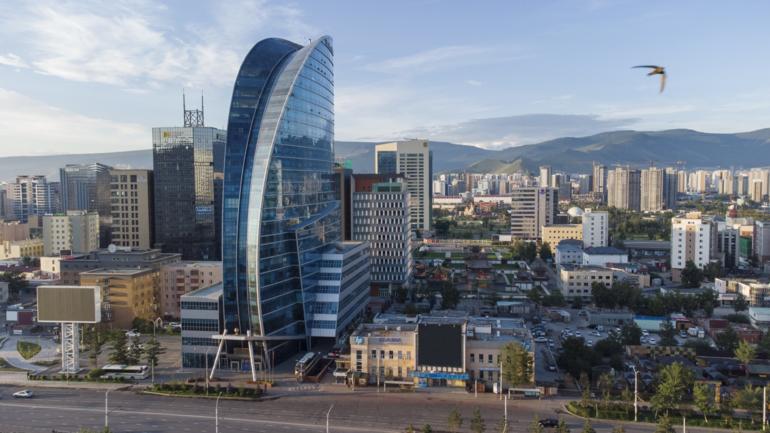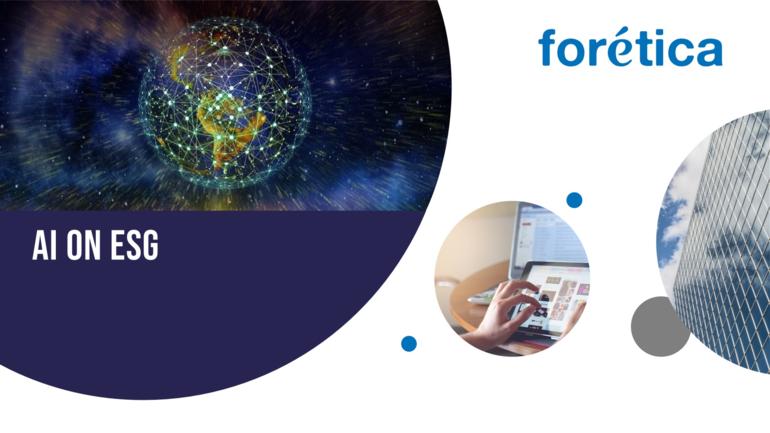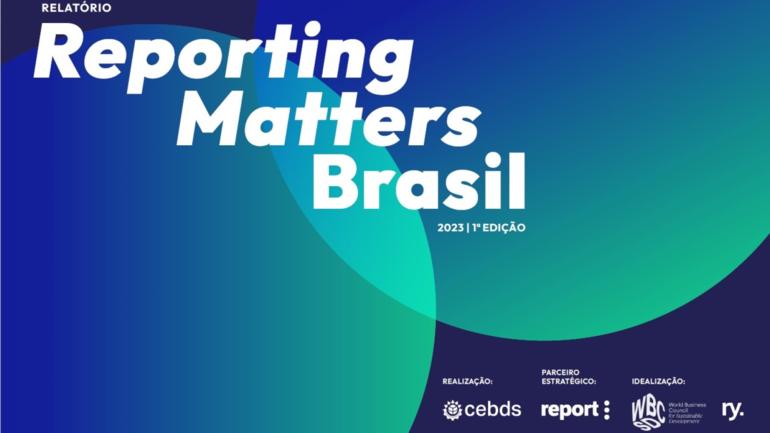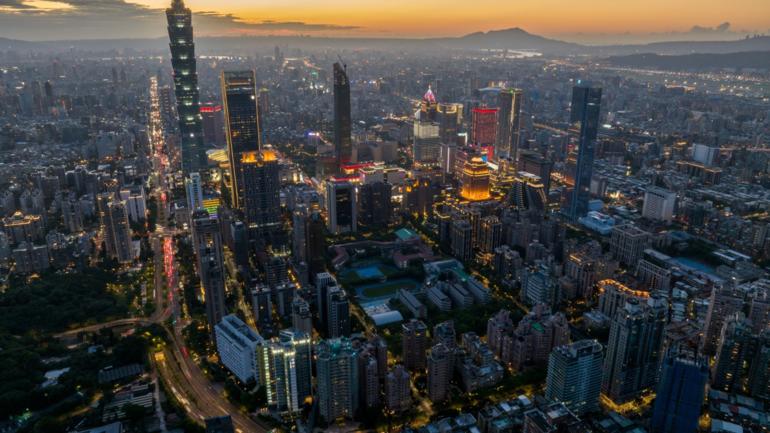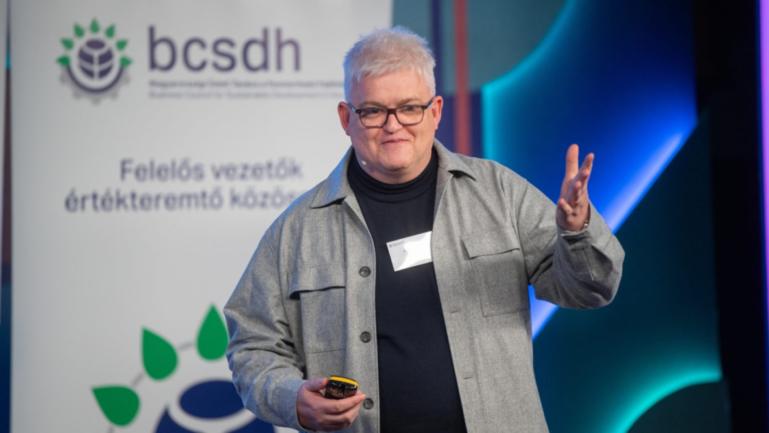Wellington, 15 February 2019: The world of work is being transformed by technological advances such as artificial intelligence (AI), robotics and big data analytics. The scale and pace of transformation is unprecedented, and its impacts are amplified by its interaction with other socio-economic factors such as shifting demographics, globalization, and the transition to a sustainable, zero carbon economy.
Many opportunities lie ahead for business. These include creating new and better products and services; as well as reconsidering the roles of individuals, organizations and societies at work, in ways that not only create value and boost productivity, but also enable people to thrive in the new realities of work. If the transitions involved are poorly managed, potential risks include widening skills gaps and inequality, and growing uncertainties through increasing job displacement, skills transitions and the casualization of work. The transitions involved a call for urgent, decisive action – both individually and collaboratively – to seize these opportunities and to mitigate potential risks.
Sustainability is increasingly being used as a lens through which business leaders can navigate an increasingly volatile, uncertain, complex and ambiguous (VUCA) world - including the Future of Work (FoW). Leading New Zealand businesses that put sustainability at their core are proven to outperform those who do not. Businesses that put sustainability at their core, must take responsibility for people as well as planet and profit. This responsibility goes beyond caring for the wellbeing of employees, to managing the broader impacts on society of which they are apart.
This report explains what the term ‘Future of Work’ (FoW) means, and outlines the key challenges and opportunities facing business. The report sets out key questions to help directors and executive management build oversight of and prepare for the changing nature of work and to prosper by generating inclusive and sustainable growth and development.




